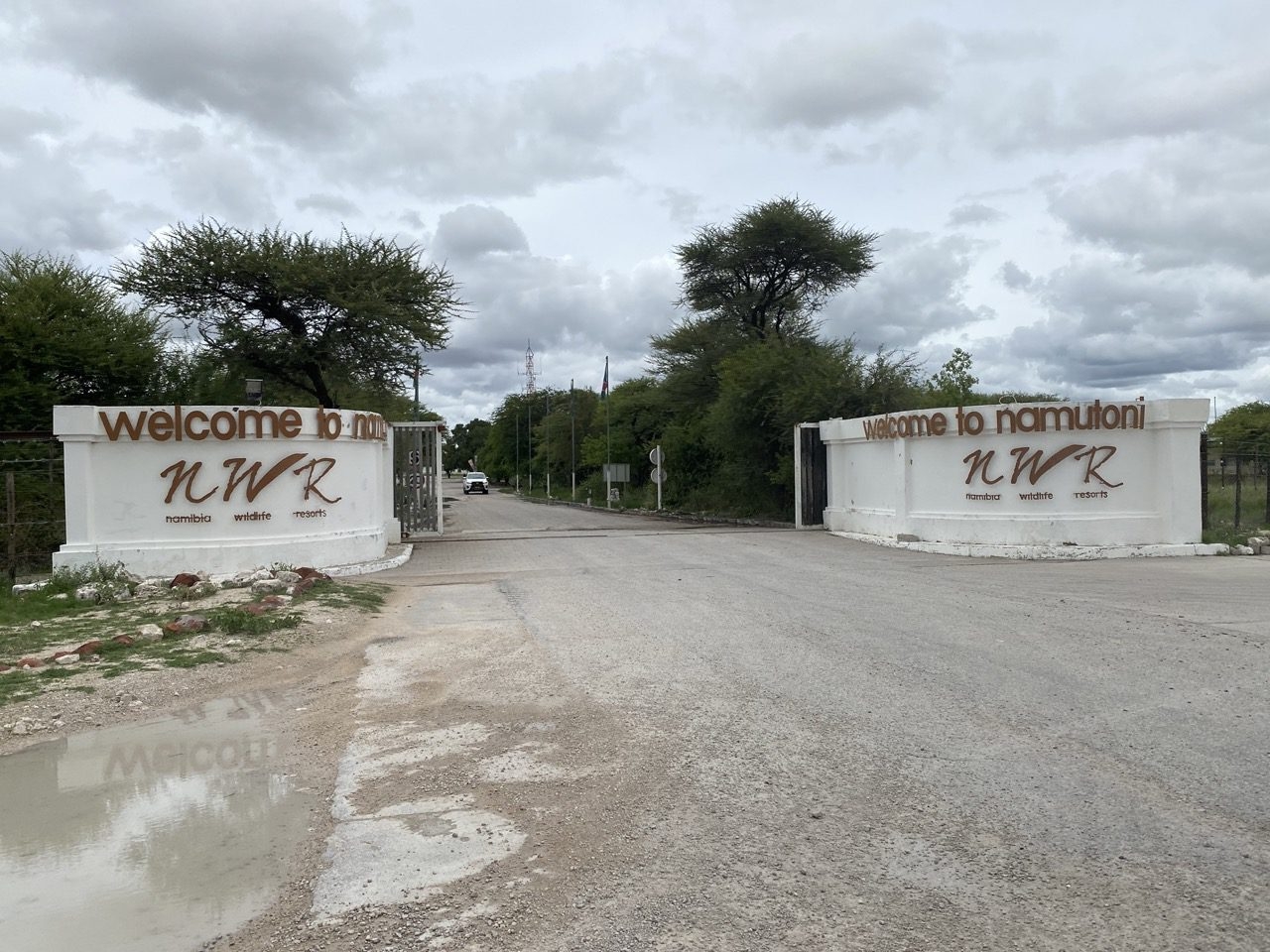VIENNA, Austria – Oil traders sold yesterday, shrugging off diminishing US crude stocks and renewed Mideast tensions and focusing instead on a stronger US dollar.
Oil prices slipped below US$136 a barrel. Renewed concerns about supply disruptions out of Nigeria also failed to dent the bearish moment, one of few in recent weeks as oil prices arched from record to record.Nigeria’s main militant group said it would resume attacks in the country’s oil-rich river delta region because of Britain’s recent pledge to back the government.The Movement for the Emancipation of the Niger Delta (MEND) is behind two years of crippling attacks on Nigeria’s oil infrastructure that have sliced the country’s normal daily oil output by a quarter and contributed to the worldwide surge in the price of crude.MEND, as the group is known, told The Associated Press that it was abandoning a two-week-old cease-fire as of midnight tomorrow.Nigeria, Africa’s biggest crude producer, is a top supplier of oil to the United States.The dollar was stronger against other major currencies in European trading yesterday, making oil less attractive as an investment hedge.But analysts cautioned against reading too much into oil’s dip.”The bull run is really not over yet.The Iranian nuclear situation remains fluid and the market faces supply-side risks with global demand outpacing supply,” said Victor Shum, an oil analyst with Purvin & Gertz in Singapore.”It remains likely that pricing will gain strength and rise to a new peak in the coming weeks,” he said.Light, sweet crude for August delivery was down 34 cents at US$135.71 in electronic trading on the New York Mercantile Exchange by noon yesterday in Europe.The contract seesawed Wednesday in the floor session before settling a penny higher at US$136.05, ending two days of sharp declines that left prices 6,4 per cent below last week’s record high.Figures from the Energy Information Administration showed US oil supplies fell 5,9 million barrels, or 2 per cent, last week.That is greater than the drop of 1,9 million barrels forecast by analysts surveyed by the energy research firm Platts.Prices often rise in response to large drops in US oil supplies.But gains were tempered because much of the inventory decline was on the West Coast and not representative of overall supplies, said Jim Ritterbusch of energy consultancy Ritterbusch and Associates.In addition, fuel stockpiles rose more than expected, partly offsetting the decline in crude.Inventories of distillate fuel, which include diesel and heating oil, also rose, but less than analysts anticipated.”Bottom line, yesterday’s report gave us more of the same, i.e.crude oil stocks are drawing, but that is what is supposed to happen in July and gasoline stocks are building, that is not supposed to happen in July,” said analyst and trader Stephen Schork in a research note.In Washington on Wednesday, House Speaker Nancy Pelosi called on President George W.Bush to open up the country’s Strategic Petroleum Reserve to help stabilise oil prices.Bush has repeatedly rejected calls to use oil from the emergency government stockpile.”Releasing some oil reserves may improve sentiment but the impact on pricing will be small.It’s unlikely to happen because there is no emergency, no oil shortage,” Shum said.Reports that Iran’s elite Revolutionary Guards fired missiles during war games sent oil prices shooting as high as US$138.38 on Wednesday.Iranian officials said the exercise was to show that the key oil producer can retaliate against a US or Israeli attack.Iran is the world’s fourth-largest oil producer and OPEC’s second-largest exporter.Oil traders fear any military conflict could prompt Iran to block the Strait of Hormuz, a passageway that handles about 40 per cent of the world’s tanker traffic.Nampa-APRenewed concerns about supply disruptions out of Nigeria also failed to dent the bearish moment, one of few in recent weeks as oil prices arched from record to record.Nigeria’s main militant group said it would resume attacks in the country’s oil-rich river delta region because of Britain’s recent pledge to back the government.The Movement for the Emancipation of the Niger Delta (MEND) is behind two years of crippling attacks on Nigeria’s oil infrastructure that have sliced the country’s normal daily oil output by a quarter and contributed to the worldwide surge in the price of crude.MEND, as the group is known, told The Associated Press that it was abandoning a two-week-old cease-fire as of midnight tomorrow.Nigeria, Africa’s biggest crude producer, is a top supplier of oil to the United States.The dollar was stronger against other major currencies in European trading yesterday, making oil less attractive as an investment hedge.But analysts cautioned against reading too much into oil’s dip.”The bull run is really not over yet.The Iranian nuclear situation remains fluid and the market faces supply-side risks with global demand outpacing supply,” said Victor Shum, an oil analyst with Purvin & Gertz in Singapore.”It remains likely that pricing will gain strength and rise to a new peak in the coming weeks,” he said.Light, sweet crude for August delivery was down 34 cents at US$135.71 in electronic trading on the New York Mercantile Exchange by noon yesterday in Europe.The contract seesawed Wednesday in the floor session before settling a penny higher at US$136.05, ending two days of sharp declines that left prices 6,4 per cent below last week’s record high.Figures from the Energy Information Administration showed US oil supplies fell 5,9 million barrels, or 2 per cent, last week.That is greater than the drop of 1,9 million barrels forecast by analysts surveyed by the energy research firm Platts.Prices often rise in response to large drops in US oil supplies.But gains were tempered because much of the inventory decline was on the West Coast and not representative of overall supplies, said Jim Ritterbusch of energy consultancy Ritterbusch and Associates.In addition, fuel stockpiles rose more than expected, partly offsetting the decline in crude.Inventories of distillate fuel, which include diesel and heating oil, also rose, but less than analysts anticipated.”Bottom line, yesterday’s report gave us more of the same, i.e.crude oil stocks are drawing, but that is what is supposed to happen in July and gasoline stocks are building, that is not supposed to happen in July,” said analyst and trader Stephen Schork in a research note.In Washington on Wednesday, House Speaker Nancy Pelosi called on President George W.Bush to open up the country’s Strategic Petroleum Reserve to help stabilise oil prices.Bush has repeatedly rejected calls to use oil from the emergency government stockpile.”Releasing some oil reserves may improve sentiment but the impact on pricing will be small.It’s unlikely to happen because there is no emergency, no oil shortage,” Shum said.Reports that Iran’s elite Revolutionary Guards fired missiles during war games sent oil prices shooting as high as US$138.38 on Wednesday.Iranian officials said the exercise was to show that the key oil producer can retaliate against a US or Israeli attack.Iran is the world’s fourth-largest oil producer and OPEC’s second-largest exporter.Oil traders fear any military conflict could prompt Iran to block the Strait of Hormuz, a passageway that handles about 40 per cent of the world’s tanker traffic.Nampa-AP
Stay informed with The Namibian – your source for credible journalism. Get in-depth reporting and opinions for
only N$85 a month. Invest in journalism, invest in democracy –
Subscribe Now!










